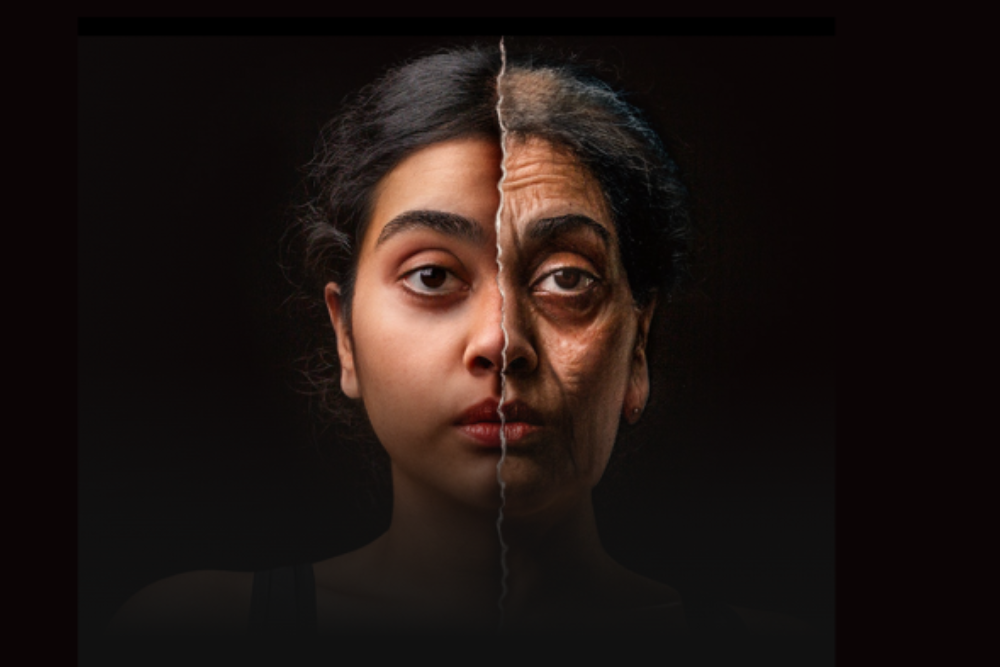Check out our news archive below to learn more about what’s happening in Duke Psychiatry & Behavioral Sciences!
2024 Duke Psychiatry Awards & Honors Roundup
More than 50 Duke Psychiatry & Behavioral Sciences faculty members, staff members, and trainees received noteworthy awards and honors, published books, or took on new leadership roles in 2024.
A Safer Duke Space for Children in Behavioral Health Crisis
Hundreds of children with critical behavioral health conditions in NC are spending extensive time in emergency departments—an environment that's not always conducive to helping children thrive. To help address this challenge at Duke, leaders from Duke Health and the Department of Psychiatry & Behavioral Sciences created the Duke Pediatric Emergency Department Extension Area, which gives children with medical or behavioral health conditions a safe and quiet place to receive care while they await appropriate disposition.
How Old Are You, Really?
Duke professors Terrie Moffitt, PhD, and Avshalom Caspi, PhD, invented technology that measures aging based on biomarkers from a person’s organ systems. The inventors hope it will be used in clinical trials for treatment that’s meant to improve health or slow aging.
85 Years of Duke Leadership in Electroconvulsive Therapy Treatment, Research, and Training
First delivered in Italy in 1938, electroconvulsive therapy (ECT) was introduced at Duke University in 1940. Duke was the first academic medical center in the U.S. South—and among the first in the country—to offer ECT, which remains one of the most effective psychiatric treatments. Over the past 85 years, Duke University has been conducting groundbreaking ECT research, delivering top-notch ECT clinical services, and training Duke learners and clinicians across the world in ECT best practices.
Finding Connection at Duke: Addressing Workplace Loneliness
This Working@Duke article highlights how some Duke employees are tackling social isolation and fostering meaningful connections. Duke Psychiatry's Katherine Ramos, PhD, shares her expertise on loneliness.
‘My Life’s Purpose’: A Neuroscientist Wants to Rewire Mental Illness Treatment and Remake the Field He Loves
A. Eugene and Marie Washington Presidential Distinguished Professor Kafui Dzirasa, MD, PhD, wants to reengineer the brain’s electrical patterns to treat mental health conditions like depression, anxiety, and schizophrenia. While most treatments for serious mental illness target the brain’s chemistry, he’s focused on electrical networks that may be signaling out of sync.
Climate Change & the Brain
Research into the effects of climate change on brain development is in its early stages. But Duke experts, including Duke Psychiatry's Edward Levin, PhD, are finding that changes to the environment because of climate-related events are affecting how the brain develops – resulting in neurodevelopment disorders.
The Early Start Denver Model in the Duke Autism Clinic
The Duke Autism Clinic has offered assessment and therapy services to families for more than 10 years. One of the most commonly delivered services is a naturalistic developmental behavioral approach called the Early Start Denver Model (ESDM), where intervention strategies are included in play-based activities and daily routines to support growth in child social, communication and other abilities.
Helping Young Adults Move Forward after Cancer
To support young adult cancer survivors during the vulnerable period after their treatment ends, Duke Psychiatry's Caroline Dorfman, PhD, has designed a 10-week program that aims to give them the tools they need to navigate physical and emotional symptoms and learn how to successfully manage their new lives as cancer survivors.
Perspectives on American Gun Violence
At a recent event sponsored by the Wilson Center for Science and Justice at Duke Law, panelists highlighted the role of public and private sector cultures in addressing gun violence, the need for better data analysis and reporting for all people, and the importance of addressing the root causes of gun violence, such as mental health issues and socioeconomic disparities. Duke Psychiatry's Jeff Swanson, PhD, moderated the panel.









